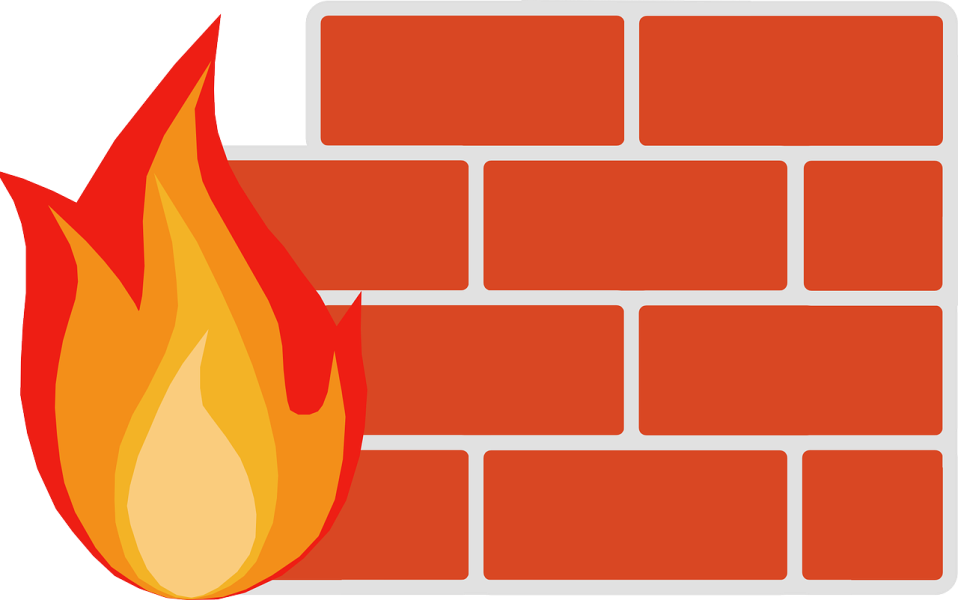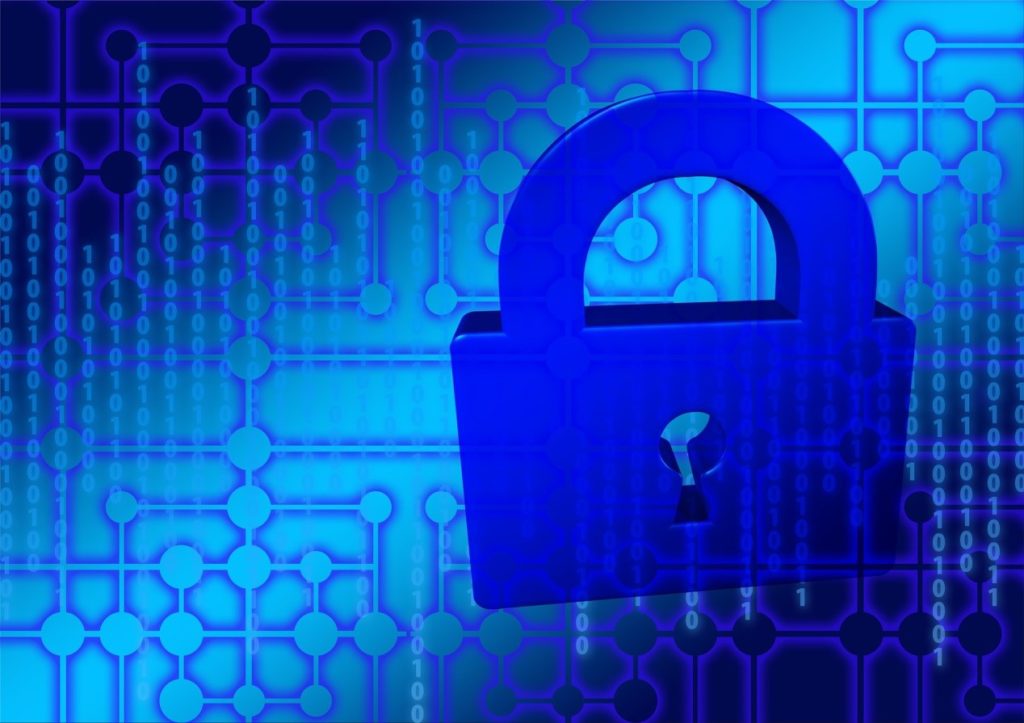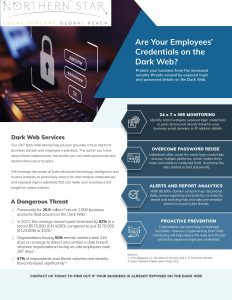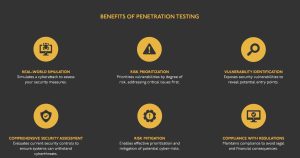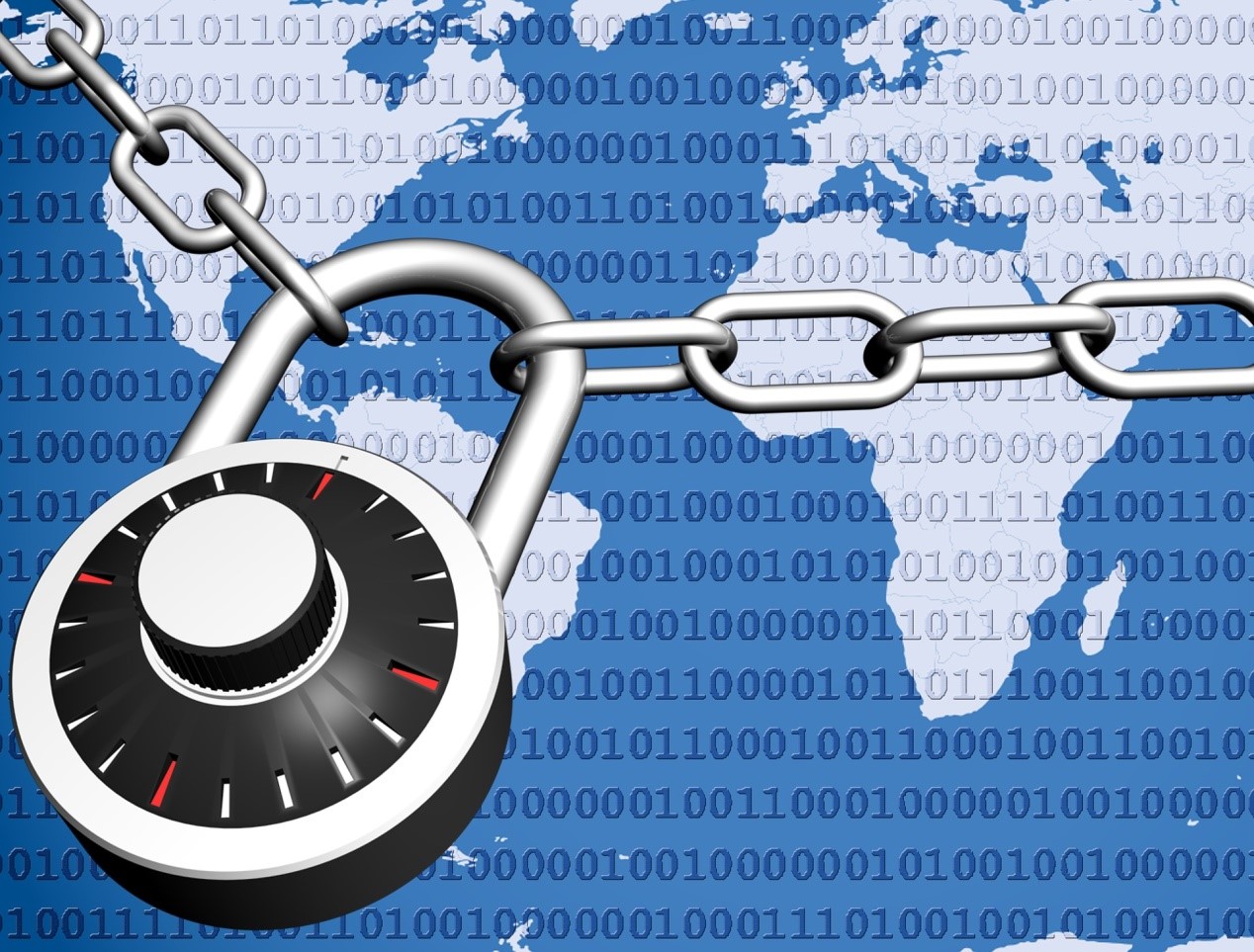
How comfortable are you with your network’s security? If you have a basic firewall in place, you’re off to a good start. But, there’s no such thing as overdoing it when it comes to security.
Your company’s network contains a great deal of important data, the loss of which might cripple your company for good. So, if you aren’t confident that you are doing everything you can to prevent malicious attacks, here are a few tips for strengthening your firewall.
Tips for a Stronger Firewall
In Part 1 we looked at 5 tips for setting up a firewall. Now we will look at another 5 for maintaining it:
1. Support Your Firewall with an Anti-Virus
The main purpose of firewalls is to block any malicious software that tries to pass through them into the internal networks which they are designed to protect. This is certainly important for defensive purposes, but you don’t want a firewall to be your only line of defense. This is because firewalls aren’t equipped to seek out and destroy any viruses that might infiltrate a system.
For this reason it is highly advisable to install a capable anti-virus program to supplement your firewall. This way, if malware does make it through your firewall, your anti-virus can eliminate it.
2. Consider Egress Filtering
You would usually use a firewall to protect you from unwanted inbound traffic which may contain malicious software. But, it is equally important to monitor your outbound traffic, which we call egress filtering. This is important because outbound traffic can be used to send sensitive data to hackers.
This might be completely unintentional on the part of your employees, and could be the result of a malicious program having made it onto your network. But, regardless of the cause, monitoring your outbound traffic can help you stop a data breach before it happens.
3. Set Up an IDS
You want your firewall to protect you from intrusions, but it doesn’t help much for it to do this in secret. The best way to set up a great defensive system is to become aware of the areas of your network that are being targeted. For this you need an IDS, or Intrusion Detection System.
An IDS alerts you as to any malicious login attempts, policy violations, and the like. This way you can better equip your network protection to defend against threats.
4. Test, Test, and Retest
You don’t want to discover that your firewall is insecure by having your system infiltrated by hackers – that is a very costly lesson. Instead, it is advisable to run tests on your firewall to check it for vulnerabilities.
Start by checking for leaks in order to better understand your firewall’s filtering system. Next, check your system’s ports, which are the areas of your network which hackers would use to gain entrance.
5. Power Down at the End of the Day
This may be a simple method, but it is effective. Essentially, hackers can’t access a system if it is not switched on. So, by either powering down completely or using the sleep function, you disconnect from the open internet and out of the reach of hackers.
The downside of this is the fact that you can’t use the nights to run updates for your firewall, but there will always be a trade-off between ultimate protection and ultimate system performance.
The Best Protection Comes from Professional Security Services
These tips will help strengthen your company’s firewall, but they can’t ensure that it is absolutely impenetrable. So, if it’s unrivalled protection that you want for your company’s sensitive data, we suggest calling in internet security services.
Professional security services use their up-to-the-minute knowledge of rising trends in hacking and malware to tailor firewall protection for the current era. And, when it comes to the protection of your company and its data, why would you want anything less?

